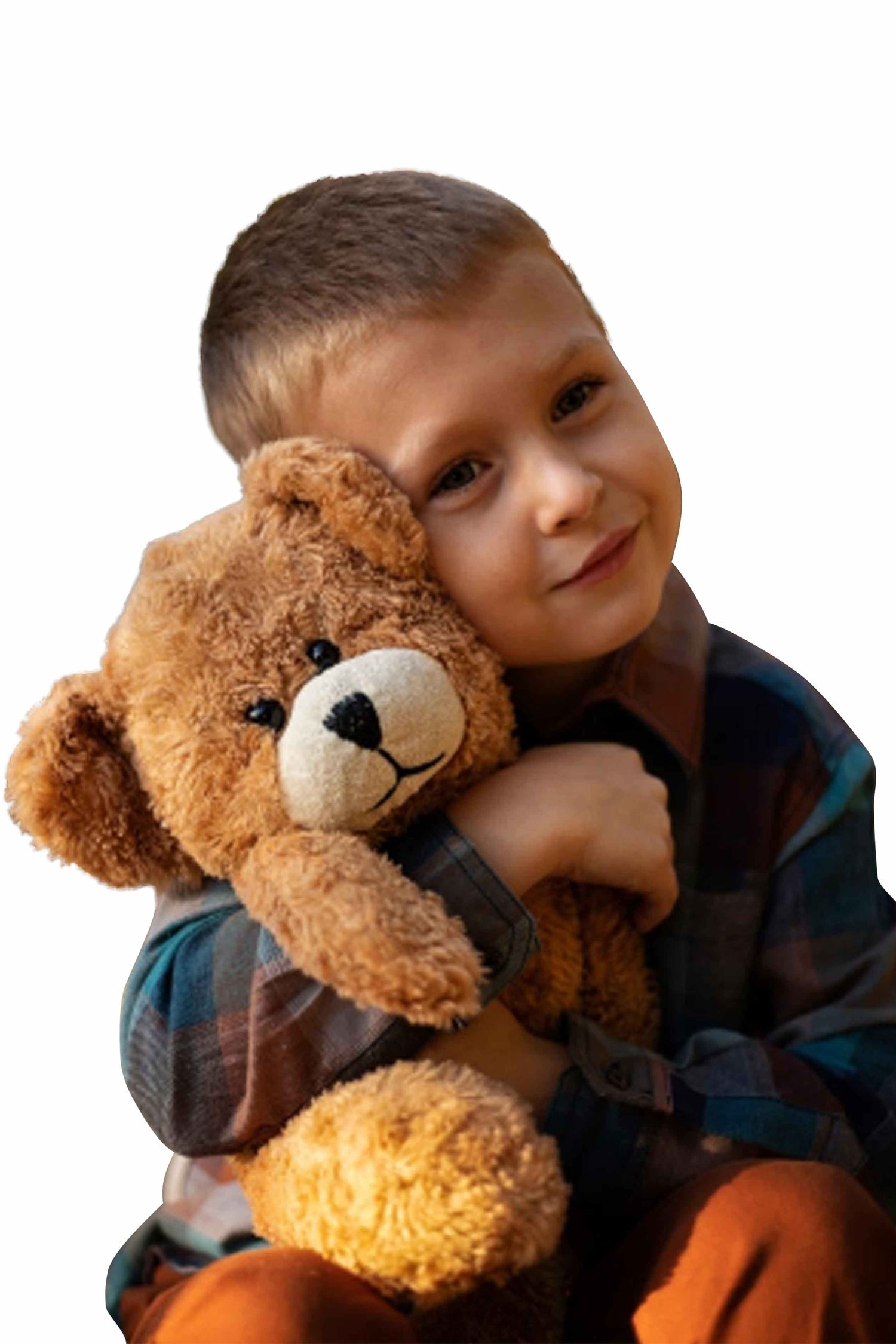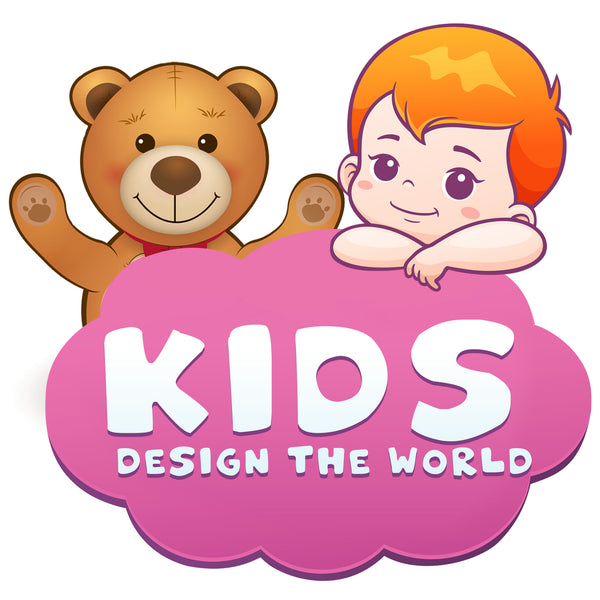Your baby's needs constantly change as he grows. His needs at seven months are not the same as when he was only four months old. So you need to be aware of every little change that needs to be made. Find out in this article how to properly care for your 7-month-old baby.
Hygiene

Generally speaking, babies love water since they have spent nine months floating in the womb. Bath time will be a real moment of pleasure for him. He will wave his feet and hands to let you know his joy! Don't hesitate to put small toys in his bathtub (duck, small boat) so that he can play while you wash him. Especially since, at this age, he is starting to sit up on his own. Also, it is now possible to give him a more extended bath. The water remains at a suitable temperature (35 to 37°C).
To wash your child, ideally, use special baby soap or a sensitive skin soap and rub gently with a soft washcloth. Do not forget to insist on the folded parts like the armpits, the neck, between his little buttocks, and behind the knees, mainly because these parts are often prone to maceration. Also, take advantage of this moment to check the general condition of your baby's body.
After the bath, take the time to dry and dress your baby well, then proceed to oral hygiene. There are special baby brushes available in pharmacies. But failing that, you can wrap your clean little finger in a saline-soaked gauze pad and gently brush his tongue and gums. Next, soak a cotton ball in saline and clean his nose. Use other cotton pads to clean her eyes and ears.
At seven months of age, it's unnecessary to bathe your baby every day unless it's hot. Washing your baby too often can cause dry skin. 2 to 4 baths a week are enough. He must wash his hands, face, and nose every day. Don't forget to moisturize his skin with a special cream after the bath.
Sleep
At seven months of age, your baby needs around 15 hours of sleep a day, with 10 to 12 hours of sleep at night and 2 or 3 naps during the day (in the morning, afternoon, and at the end of the day)—the latter last approximately one hour and a few minutes each.
So if your baby suddenly stops sleeping through the night, there's no need to panic. However, your baby may have some sleep problems this month and be very irritable because of teething. Just see a pediatrician. They will probably prescribe a solution to your baby's gums to help relieve the pain.
On the other hand, keep the temperature of your baby's room at about 18°C. It should not exceed 20°C or go below 16°C. You can install a thermometer in his room to make sure. To help your little one sleep, give him a small stuffed animal that he can hold close to him at night. Be careful: never leave thick blankets or quilts with your baby in his crib. Your baby could choke on them! In winter, put on a onesie, a onesie, and a sleeping bag (choose the right TOG) instead.
Feeding

For several weeks now, your baby has been eating various foods. But even though you can now see little teeth appearing, your baby cannot yet chew. This will not happen until your baby is 18 months old. So avoid giving your baby foods that are hard to swallow. Offer only pureed foods or foods in small, soft pieces.
Of course, your baby's diet at seven months is still more or less the same as the month before. But now, you can gradually add olive oil and butter to his meals and pureed or powdered nuts (peanut butter, almond butter, etc.).
As for his daily ratio, your baby can ingest 150 to 200 g of vegetables (to be spread throughout the day), 120 to 200 g of fruit, and about ten grams of protein (egg, fish, meat). However, even if he eats several meals a day, his daily quantity of milk must not be neglected! It should not fall below 500 ml per day. Continue to breastfeed your baby if you can, as breast milk is still the best food for him.



